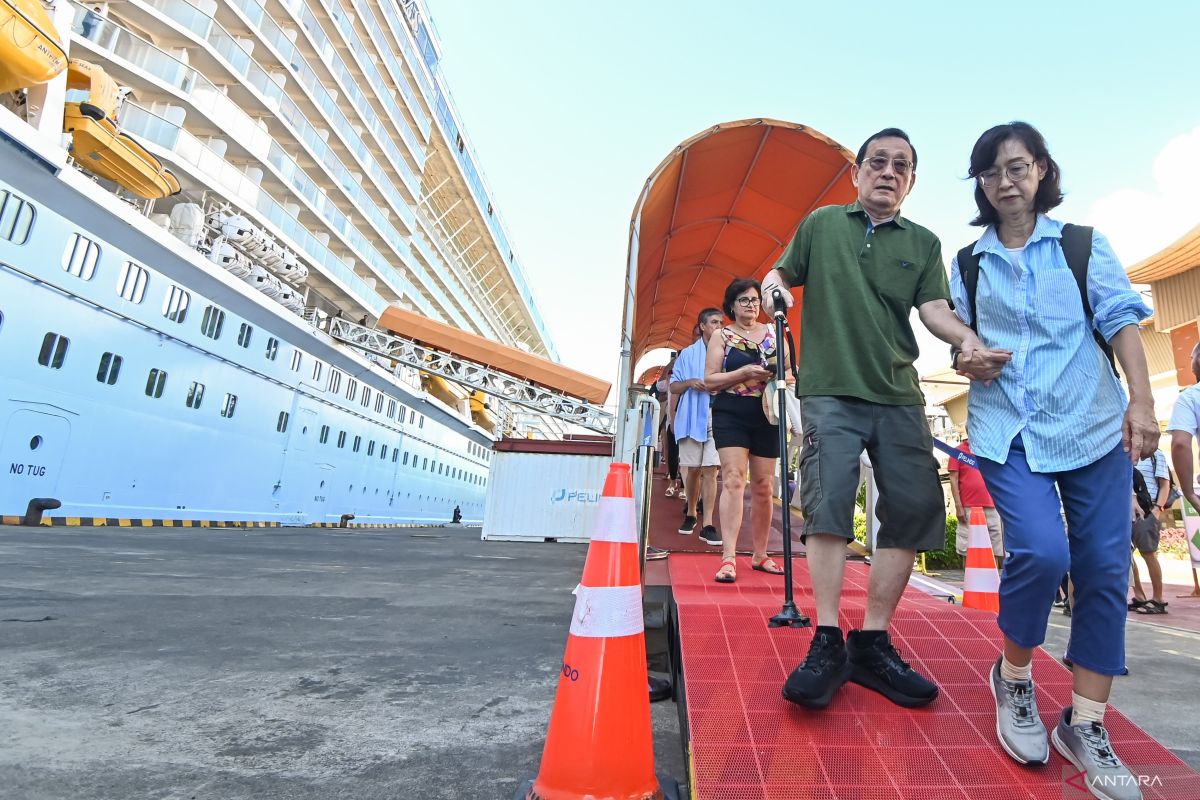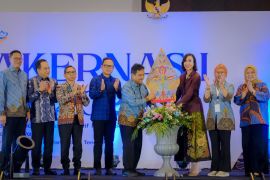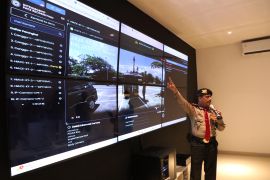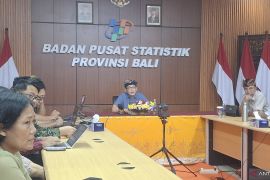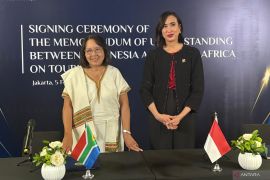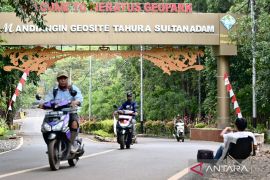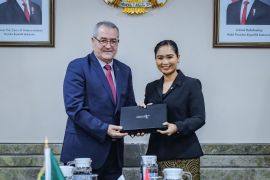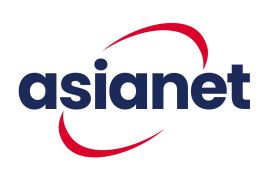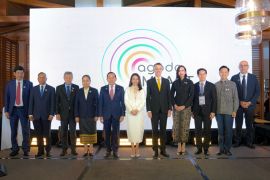The rise in US import tariffs on several products will not only affect the trade balance, but also hit market confidence and weaken the rupiah's exchange rate.
Amid this climate of uncertainty, tourism has emerged as a strategic sector that may not only survive but also offer concrete and promising solutions to boost the national economy.
There are traditionally two fallouts of rupiah weakening. On the one hand, pressure on the exchange rate can erode the purchasing power of domestic buyers and make imports more expensive. On the other hand, tourism can benefit from this situation.
Foreign tourists, especially from countries with strong currencies such as the US, the European Union, and China, will see Indonesia as a more "value for money" and attractive destination.
Founder of the Indonesian Tourism Innovation Foundation (YIPINDO), Taufan Rahmadi, said in a study that rupiah depreciation can be a catalyst for the growth of inbound tourism.
"Data from previous years show that when the rupiah was weakening, foreign tourist arrivals rose. It can be a strategic opportunity, if responded to with the right promotion," he explained.
Data from Bank Indonesia (BI) shows that during the 2018–2019 period, the rupiah weakened to almost Rp15 thousand per US dollar. Meanwhile, Statistics Indonesia (BPS) in 2019 recorded an uptick of 1.88 percent in foreign tourist arrivals.
However, according to Rahmadi, the readiness of the Indonesian tourism industry to handle such a surge is still in doubt.
Uneven infrastructure, varying service quality, and limited data for policymaking are considered real challenges to tourism readiness.
Here, the role of the government is important, particularly when it comes to creating smarter and more adaptive policies.
Create a balance
Tourism Minister Widiyanti Putri Wardhana also highlighted the importance of seeing tourism as a sector that "exports services" without limitations from tariffs.
"When exports of goods are subject to high tariffs, we must look at other sectors that can create a balance. Tourism is one form of service export that is unaffected by trade tariff policies," she said.
The hope is that tourism will not only emerge as a contributor of foreign exchange but also as a strong and flexible economic defense against global pressures.
The government's strategy to strengthen tourism as a service export is being realized through the holistic approach taken by the Ministry of Tourism.
It is not only pursuing efforts to increase the number of tourist arrivals but also encouraging high-quality tourism, which focuses on authentic experiences and boosts tourist spending per visit.
Through the "Pariwisata Naik Kelas" program, the government is seeking to target tourists interested in maritime, gastronomy, and wellness -- three pillars that promise resilience to global fluctuations and offer high added value.
This approach is an answer to challenges that have so far been encountered in mass tourism, which tends to be cheap and not sustainable.
Not just the demand side, the supply side is also being bolstered through the development of tourism villages and the involvement of local micro, small, and medium enterprises (MSMEs).
This is expected to not only expand the distribution of economic benefits but also strengthen regional economic independence.
In the context of Trump's tariff policy that will hit manufacturing exports, this step is very relevant.
At a time when textile and furniture exports are facing tariff barriers, creative tourism-based products such as local cuisines, handicrafts, and homestays have reached a new stage in developing tourist destinations.
Of course, the challenges are still there. Tariff increases and a weakening rupiah could negatively impact the hospitality sector, which still relies on imports of building materials, furniture, and hotel equipment.
Investors could also become more conservative, holding back expansion plans because of economic fluctuations.
Crises have spurred innovation
However, historically, crises have spurred innovation. With proactive fiscal policies and incentives for destination development, the government can maintain investor confidence and, at the same time, strengthen domestic foundations.
Another effect of the tariff policy and the weakening rupiah is the pressure on Indonesian tourists who wish to travel abroad.
Escalating travel costs could be an opportunity to boost domestic tourism flows.
Data from the Mastercard Economics Institute in 2023 showed that in 2022, Indonesian tourists spent an average of US$1,200 per visit in other countries.
With significant rupiah depreciation, this value could increase drastically, forcing people to seek alternative destinations within Indonesia.
If people can be diverted to local destinations, indeed, the impact on the national economy would be very large.
This opportunity must be leveraged through strong promotion, improved domestic transportation, and provision of tourism experiences that are not inferior to international destinations.
Eventually, Trump's tariff policy could stimulate a transformation in Indonesia's tourism, encouraging it to make a leap by tapping opportunities amid crisis.
In the economic vision of President Prabowo Subianto, which emphasizes independence, tourism is not only a complementary sector but also a new basis for Indonesia's economy that is resilient, competitive, and inclusive.
Going forward, concrete steps, adaptive leadership, and cross-sectoral support are needed to realize the vision.
Because, when global trade becomes increasingly restricted, tourism can serve as a way to bring Indonesia and the world together in mutually beneficial relations.
Related news: Use US tariffs to spur revival of national products: Prabowo
Related news: Indonesian minister sees opportunity in US tariff shift
Related news: Indonesia responds to US tariffs with equal, fair negotiations
Translator: Hanni Sofia, Raka Adji
Editor: Primayanti
Copyright © ANTARA 2025
